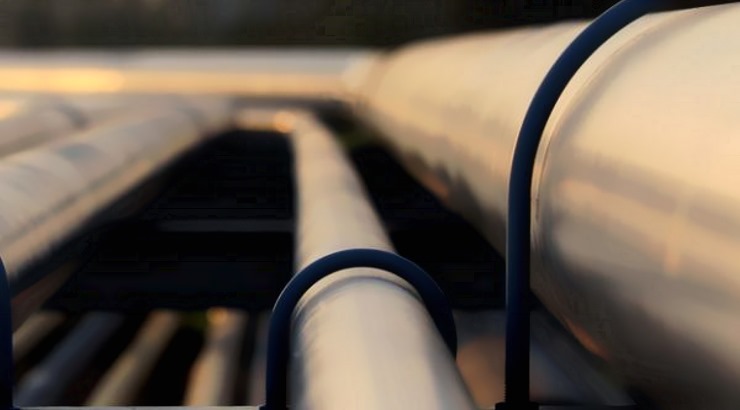Infrastructure
Massive Pipeline Project Yet to Begin as Kenya Crude Piles Up
Tullow has already produced nearly 55, 000 barrels of crude for export.

A massive pipeline project that will move crude oil from Turkana to the proposed port of Lamu is yet to take off, even as Kenya begins its maiden crude oil export next week.
UK-based oil giant Tullow, the developer of the Turkana oilfields, recently said it would begin design work from next month before construction of the 890-kilometre pipeline begins next year, even though it has already produced nearly 55, 000 barrels of crude for export.
The design work, technically referred to as the Front End Engineering Design (FEED) programme, involves planning the Sh210 billion pipeline’s route and basic engineering, informing technical requirements and investment needs for construction.
“Preparations for the upstream development FEED are underway, with FEED expected to commence in the second half of 2017,” Tullow said last month while announcing its financials for the year to December 2016.
The company, which has teamed up with Africa Oil and Maersk Oil, said it was in the final stages of talks with the Kenyan government on a joint development agreement that is expected to give clear directions on the project.
“The joint venture (JV) partners and the Government of Kenya are also in the final stages of negotiation for a Joint Development Agreement (JDA), which sets out a structure for the Government of Kenya and the JV partners to progress the development of the export pipeline,” the company said in a statement.
“This agreement will ultimately enable important studies to commence such as pipeline FEED, Environmental Social Impact Assessment, as well as studies on pipeline financing and ownership.”
The delayed project has prompted the government to contract three local firms to provide trucks and oil tank containers to transport crude to the port of Mombasa by road.
According to Petroleum PS Andrew Kamau, Primefuels Ltd., the Nairobi-based subsidiary of Primefuels Group of Dubai, has bagged the tender to supply 100 tank containers, each with a capacity to carry 150 barrels of crude.
On the other hand, Multiple Hauliers (EA) Ltd and Oilfield Movers Ltd will supply trucks on which the tank containers will be mounted.
Venturing into production to exportation without a pipeline has, in the meantime, raised eyebrows among industry experts with most wondering whether the venture is viable.
Transporting 2,000 barrels will require 20 trucks per day to ferry the crude oil to Mombasa and approximately two months to attain the required capacity to fill one shipping tank.
The proposed pipeline can easily channel up to 120,000 barrels per day, which makes more business sense due to economies of scale.














